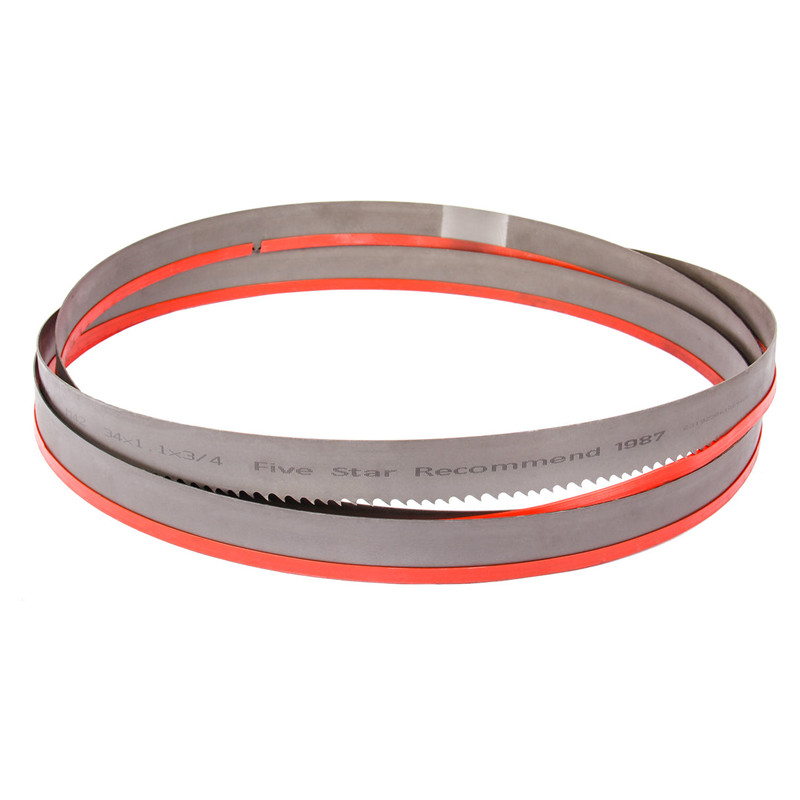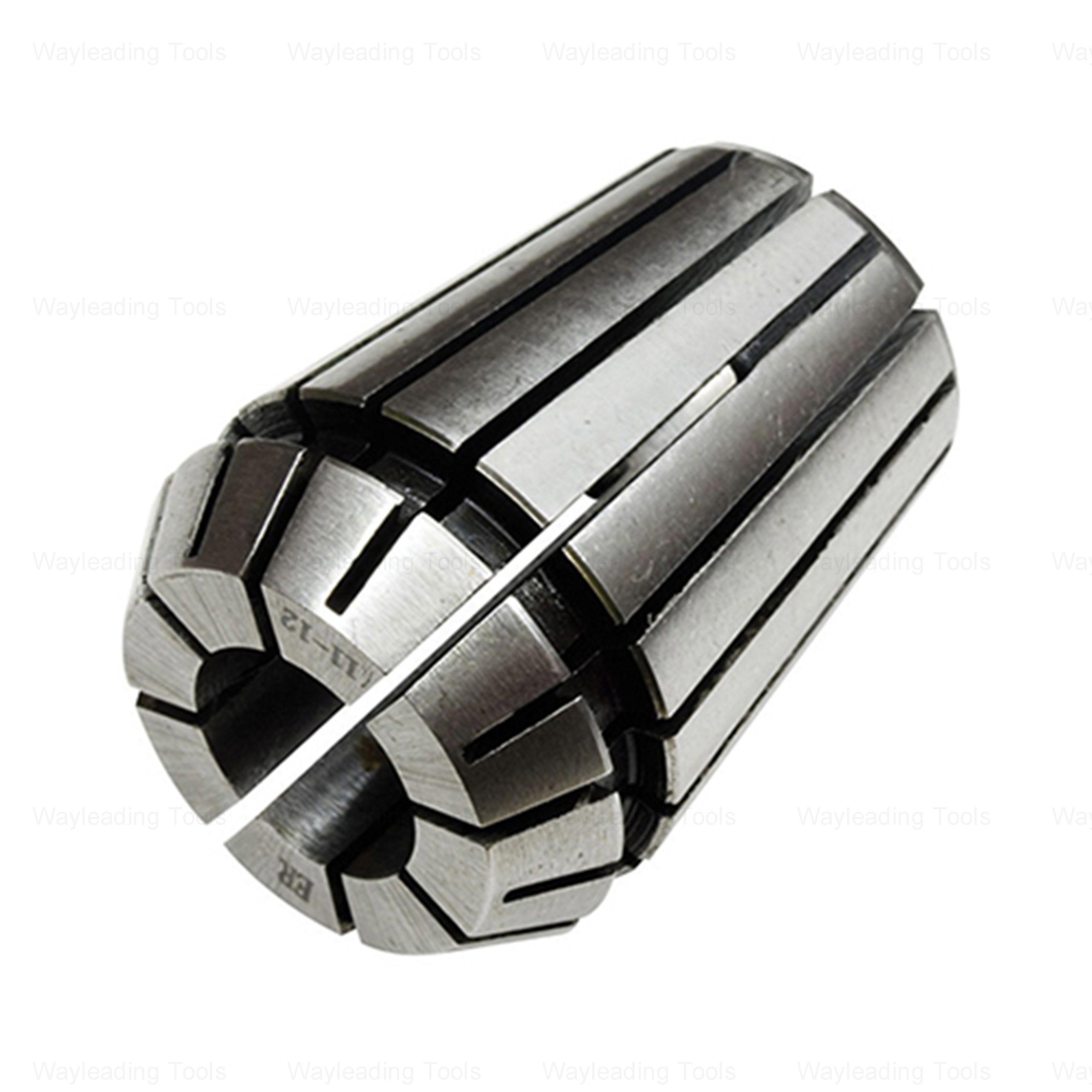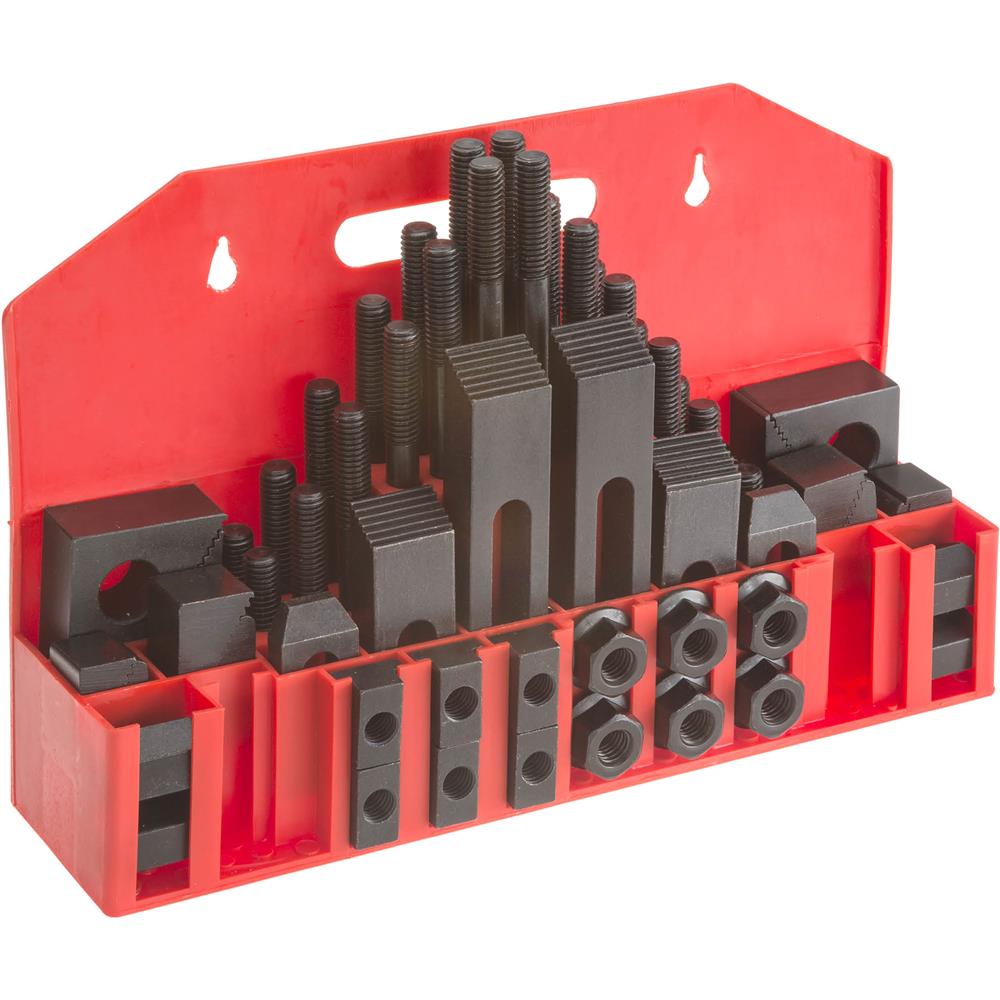Wholesale Depth Gauge
A wholesale depth gauge is an essential precision instrument used across various industries for accurately measuring the depth of holes, slots, recesses, and other internal features. Selecting the right gauge, understanding its features, and knowing where to source reliable options are crucial for ensuring quality control and operational efficiency.
Understanding Depth Gauges
A depth gauge is a measuring instrument designed to determine the depth of a feature relative to a reference surface. It typically consists of a base that rests on the reference surface and a measuring rod or probe that extends to the bottom of the feature being measured.
Types of Depth Gauges
Several types of depth gauges are available, each suited for specific applications:
- Digital Depth Gauges: Offer digital readouts for precise measurements and often include features like data output and tolerance settings.
- Dial Depth Gauges: Utilize a dial indicator to display measurements, providing a clear and easy-to-read analog display.
- Vernier Depth Gauges: Employ a vernier scale for high-precision measurements, ideal for applications requiring extreme accuracy.
- Hook Depth Gauges: Specifically designed for measuring the depth of grooves or slots, featuring a hook-shaped probe.
Key Features to Consider When Buying a Wholesale Depth Gauge
When selecting a wholesale depth gauge, consider the following features:
- Measuring Range: Choose a gauge with a range appropriate for the depths you'll be measuring. Common ranges include 0-6 inches (0-150mm), 0-12 inches (0-300mm), and larger.
- Accuracy and Resolution: Look for gauges with the accuracy and resolution required for your specific applications. Digital gauges typically offer higher resolution.
- Material and Durability: Select a gauge made from durable materials like hardened steel or stainless steel to withstand frequent use.
- Base Size and Shape: Consider the size and shape of the base. A wider base provides better stability.
- Digital vs. Analog: Decide whether a digital or analog gauge is better suited for your needs. Digital gauges offer easy-to-read displays and advanced features, while analog gauges are often more cost-effective.
- IP Rating: if your application involves harsh environments look for an Ingress Protection (IP) rated gauge that is resistant to dust and water.
Applications of Depth Gauges
Depth gauges find widespread use in various industries:
- Manufacturing: Measuring the depth of drilled holes, counterbores, and recesses.
- Metalworking: Checking the depth of cuts, slots, and grooves.
- Automotive: Measuring tire tread depth, brake rotor thickness, and other critical dimensions.
- Woodworking: Setting the depth of router bits, drill bits, and other tools.
- Quality Control: Ensuring that manufactured parts meet specified depth requirements.
Where to Buy Wholesale Depth Gauges
Sourcing wholesale depth gauges from reputable suppliers ensures quality and reliability. Consider these options:
- Direct Manufacturers: Purchasing directly from manufacturers like Wayleading Tools can offer competitive pricing and custom options.
- Industrial Supply Distributors: Distributors specializing in industrial measuring tools often carry a wide selection of depth gauges from various brands.
- Online Marketplaces: Platforms like Alibaba and IndustryNet list numerous suppliers of wholesale depth gauges. However, due diligence is essential to ensure the supplier's credibility.
Factors Affecting Depth Gauge Price
The price of a depth gauge can vary based on several factors:
- Type of Gauge: Digital gauges are generally more expensive than dial or vernier gauges.
- Measuring Range and Accuracy: Gauges with larger measuring ranges and higher accuracy typically cost more.
- Material and Construction: Gauges made from high-quality materials like hardened steel or stainless steel are more expensive.
- Brand Reputation: Established brands with a reputation for quality often command higher prices.
- Quantity Purchased: Buying in bulk wholesale depth gauge typically results in lower per-unit costs.
Tips for Using a Depth Gauge Accurately
To ensure accurate measurements, follow these tips:
- Clean the Gauge: Wipe the base and measuring rod clean before each use.
- Zero the Gauge: Zero the gauge on a flat surface before taking measurements.
- Apply Consistent Pressure: Apply consistent pressure when taking measurements to avoid errors.
- Hold the Gauge Perpendicular: Ensure the gauge is held perpendicular to the surface being measured.
- Use the Correct Probe: Select the appropriate probe for the feature being measured (e.g., a hook probe for grooves).
Maintaining Your Depth Gauge
Proper maintenance ensures the longevity and accuracy of your depth gauge:
- Clean Regularly: Clean the gauge regularly with a soft cloth to remove dirt and debris.
- Lubricate Moving Parts: Lubricate moving parts with a light oil to prevent corrosion and ensure smooth operation.
- Store Properly: Store the gauge in a protective case when not in use.
- Calibrate Periodically: Calibrate the gauge periodically to ensure accuracy. This is especially important for gauges used in critical applications.
Troubleshooting Common Depth Gauge Issues
Here are some common issues and how to troubleshoot them:
- Inaccurate Readings: Check for dirt or debris on the base or measuring rod. Re-zero the gauge. Calibrate if necessary.
- Sticking or Binding: Clean and lubricate the moving parts.
- Digital Display Problems: Replace the battery. Check for loose connections.
Depth Gauge Comparison Table
The table show the comparison of different type depth gauge in brief:
| Type | Pros | Cons | Typical Applications |
|---|---|---|---|
| Digital | High resolution, easy to read, data output | Battery required, more expensive | Precision manufacturing, quality control |
| Dial | Easy to read, no battery required, durable | Lower resolution than digital | General machining, metalworking |
| Vernier | High precision, no battery required | Requires skilled operator, harder to read | Tool and die making, calibration |
Conclusion
Selecting the right wholesale depth gauge is crucial for accurate measurements and efficient operations. By understanding the different types of gauges, key features, and applications, you can make an informed decision that meets your specific needs. Remember to source from reputable suppliers and maintain your gauges properly to ensure long-lasting performance. You can find more measuring tools and precision instruments at Wayleading Tools.
Disclaimer: All product specifications and recommendations are based on general industry knowledge and publicly available information. Always refer to the manufacturer's documentation for specific details and safety guidelines.
Related products
Related products
Best selling products
Best selling products-
 HSS Inch Convex Milling Cutter For Industrial
HSS Inch Convex Milling Cutter For Industrial -
 Precision 17pcs Angle Blocks Set With High Quality Type
Precision 17pcs Angle Blocks Set With High Quality Type -
 Precision Vernier Caliper With Nib Style & Standard Style Jaws Of Metric & Imperial For Industrial
Precision Vernier Caliper With Nib Style & Standard Style Jaws Of Metric & Imperial For Industrial -
 Inch ER Collets With Hight Precision Milling
Inch ER Collets With Hight Precision Milling -
 Type C Cylinder Ball Nose Tungsten Carbide Rotary Burr
Type C Cylinder Ball Nose Tungsten Carbide Rotary Burr -
 DIN333A HSS Center Drills With Milled & Fully Ground Flute
DIN333A HSS Center Drills With Milled & Fully Ground Flute -
 Depth Vernier Gauge With Stainless Steel And Monoblock Depth Type
Depth Vernier Gauge With Stainless Steel And Monoblock Depth Type -
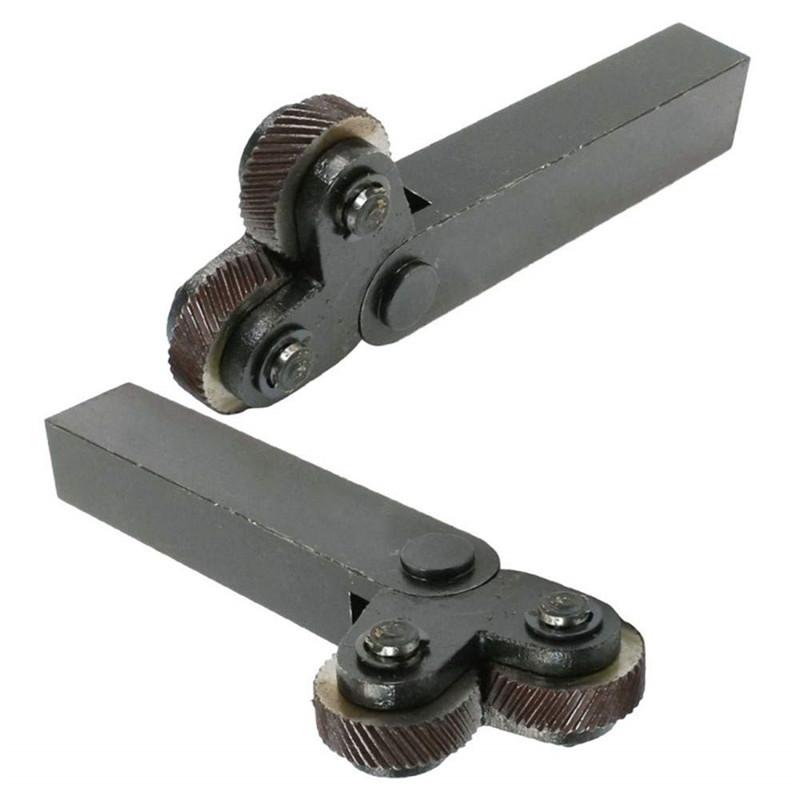 Dual Wheel Knurling Tools With Diamond Pattern For Industrial Type
Dual Wheel Knurling Tools With Diamond Pattern For Industrial Type -
 5C Round Collet With Inch and Metric Size
5C Round Collet With Inch and Metric Size -
 Precision Magnetic Base With Fine Adjustment For Dial Indicator
Precision Magnetic Base With Fine Adjustment For Dial Indicator -
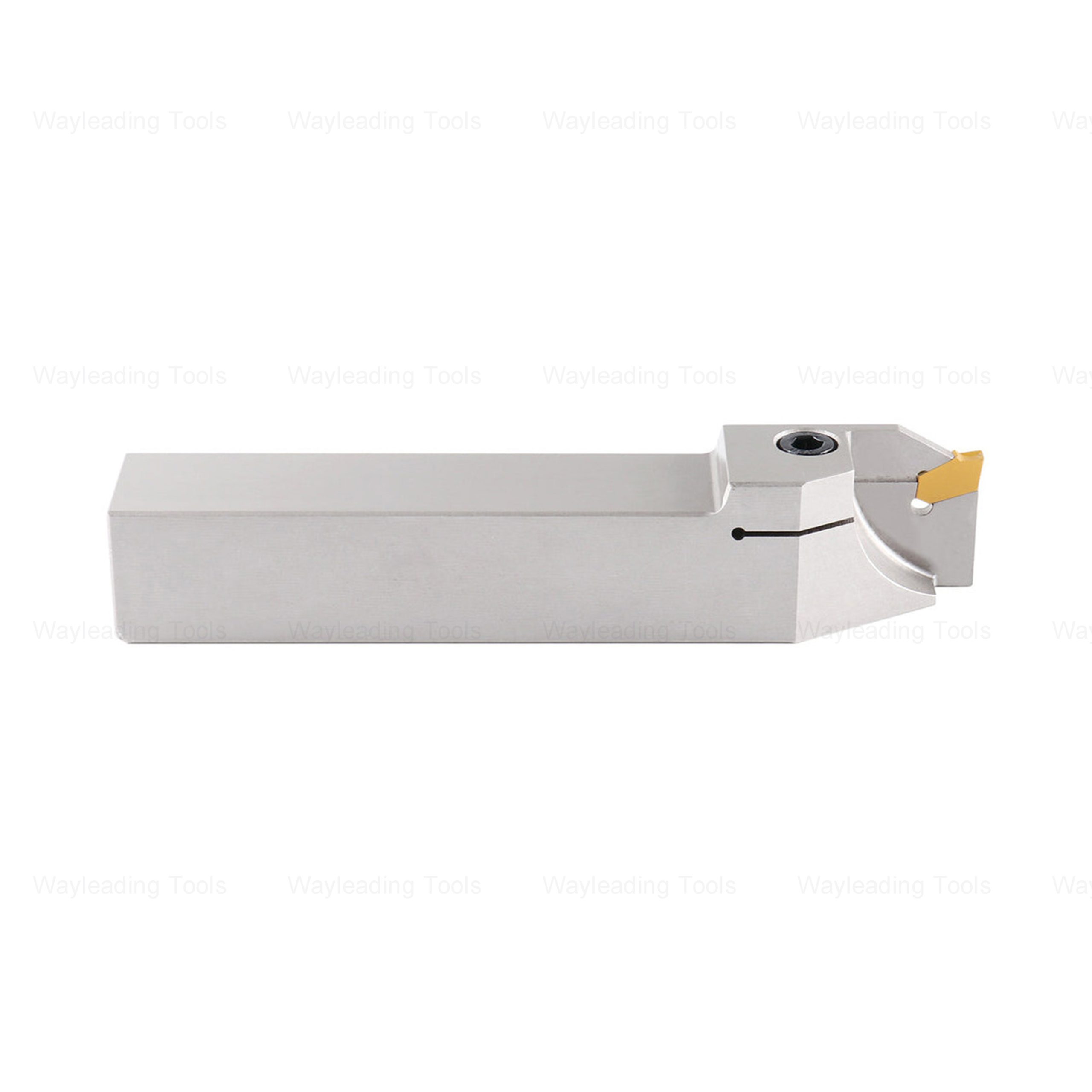 QA Grooving & Cut-Off Tool Holder
QA Grooving & Cut-Off Tool Holder -
 High Precision BT-ER Collet Chuck – CNC Tool Holder, Spring Type, ER16–ER40
High Precision BT-ER Collet Chuck – CNC Tool Holder, Spring Type, ER16–ER40
Related search
Related search- tubing micrometer
- hss lathe turning tools Manufacturers
- 3c collet Supplier
- indexable copy face milling cutter
- inside micrometer set Factories
- thread gauge Suppliers
- Drill Chuck Arbor
- british standard taper pipe full profile threading insert Supplier
- Wholesale Milling Insert
- High-Quality MVVNN turning tool holder





